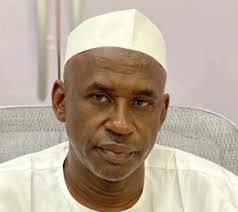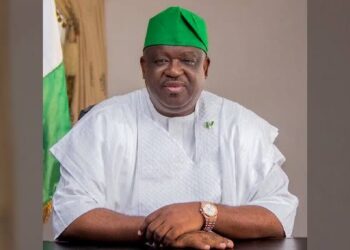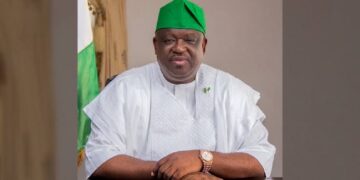Fisayo Soyombo, an investigative journalist, has accused the Nigerian Army of intentionally jeopardizing his safety after he was detained for three days while investigating illegal oil bunkering in Port Harcourt. Soyombo criticized the military’s actions, particularly a statement issued by the army that linked him to the very bunkering syndicates he was investigating. He expressed his belief that the army’s actions were aimed at compromising his security, as the statement alerted the illegal oil operators that he was on their trail, putting him at risk.
Soyombo explained the context of his detention, revealing that he was initially in the area conducting undercover investigation into illegal oil bunkering operations. During the operation, a security official, angered by the lack of a bribe, tipped off others about Soyombo’s activities. He clarified that he was not arrested with any oil thieves but had approached the military personnel, mistakenly thinking he was part of a negotiation to settle a dispute. He admitted that his decision not to inform the military about his investigation was rooted in mistrust of Nigerian public institutions, particularly the army, which he feared could have endangered him further due to their potential ties with corrupt security officials involved in the bunkering operations.
After being detained, Soyombo maintained his cover as an illegal oil operator to avoid further suspicion. It wasn’t until he was transferred to the Sixth Division headquarters that he revealed his identity as an investigative journalist, providing proof of his long track record in investigative reporting. Despite his explanation, Soyombo noted that the initial response from military personnel was one of disbelief and suspicion, as they had initially thought he was part of the illicit operations he was trying to expose.
The journalist also voiced concerns about the state of press freedom in Nigeria, particularly the growing hostility towards independent investigative journalism. According to Soyombo, the military’s negative reaction to the word “investigation” highlighted a broader issue within the security forces, where independent journalism is seen as a threat. This atmosphere of distrust between the press and security agencies is a significant challenge for investigative journalists in the country, as they often face resistance when attempting to report on sensitive or corrupt activities.
Reflecting on the incident, Soyombo expressed that his safety had been compromised by the very institutions meant to uphold law and order. He criticized the Nigerian Army for not recognizing his role as an ally in the fight against illegal oil bunkering. Soyombo stressed that his investigative efforts, which involved first-hand exposure to the illegal oil trade, were crucial for gathering hard evidence to expose the syndicates. Despite the risks, he encouraged aspiring journalists to remain focused and not be swayed by external pressures, emphasizing the importance of understanding the core motivations behind their work.




































